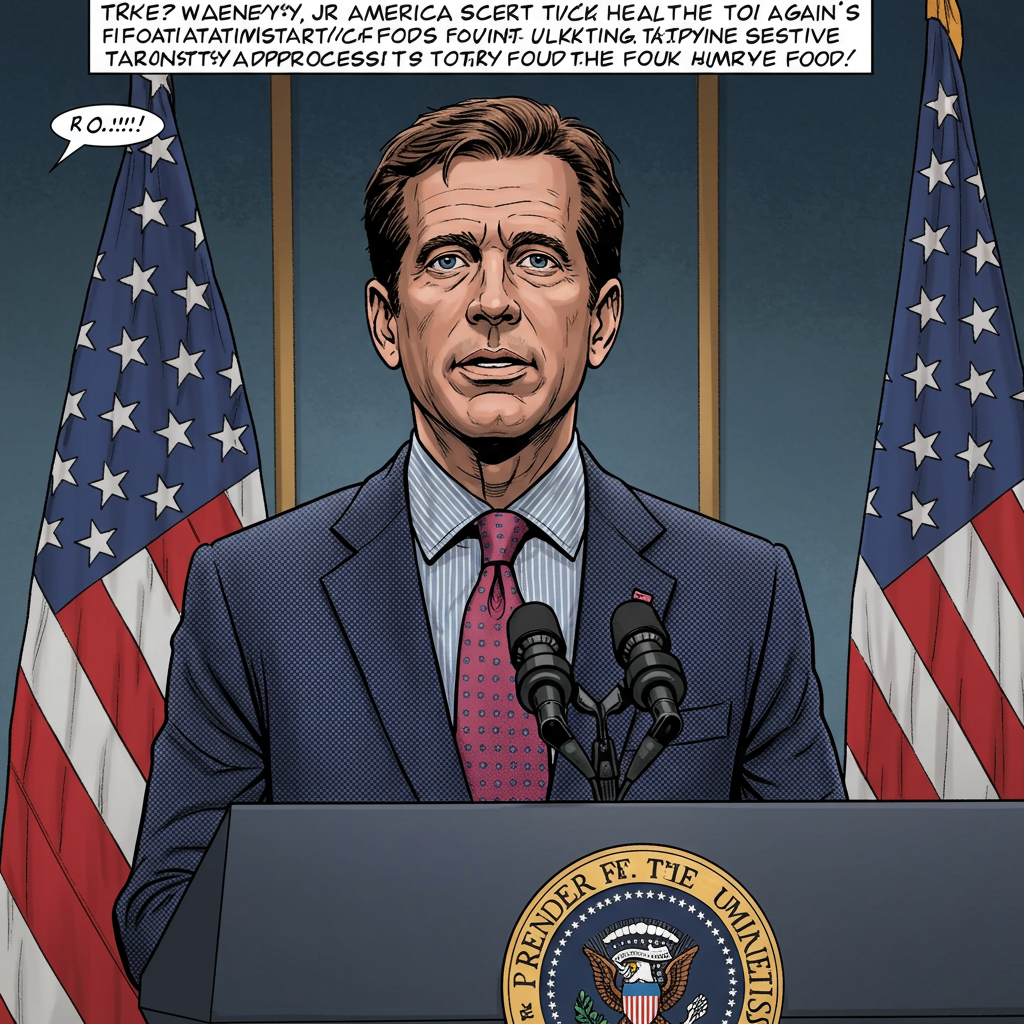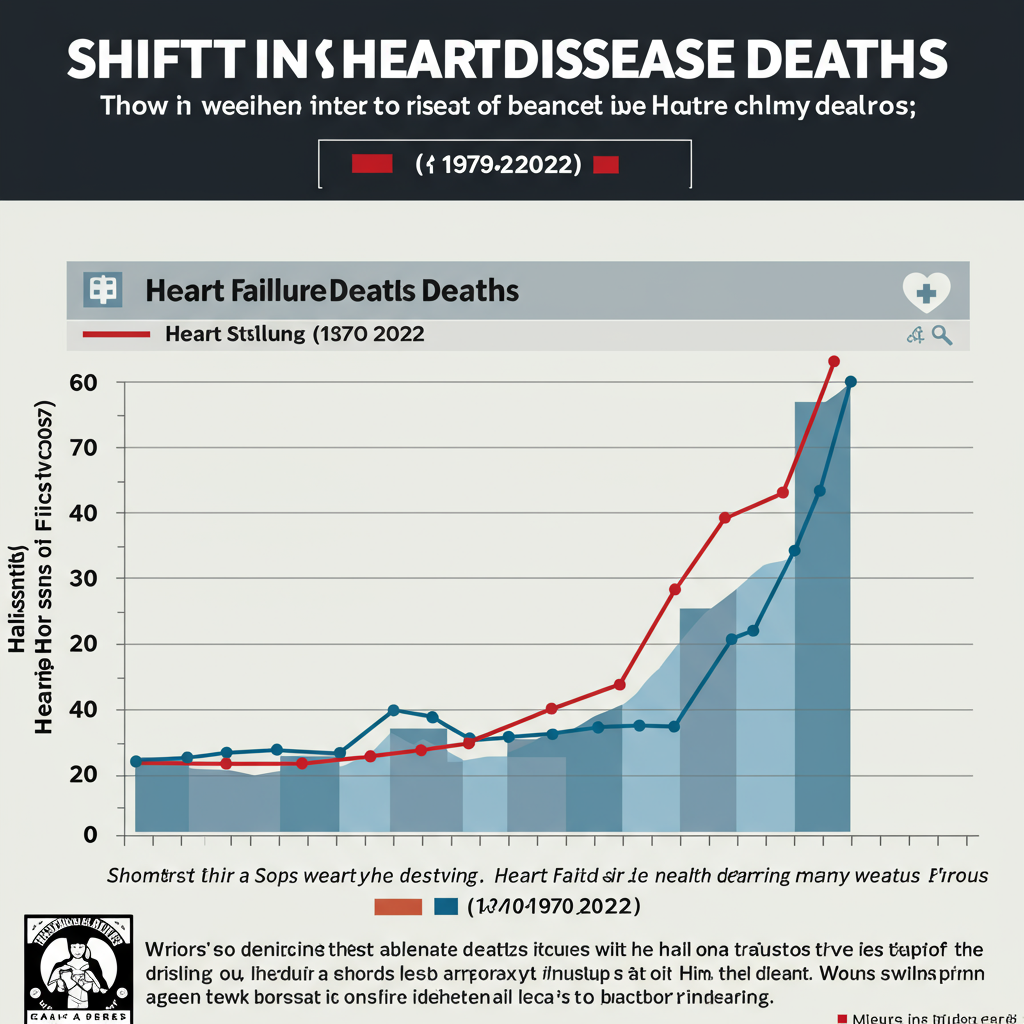RFK Jr.’s Health Push Sparks Conflict Concerns
Robert F. Kennedy Jr., reportedly serving as the Secretary of Health and Human Services (HHS), is championing a significant federal health initiative focused on combating ultra-processed foods (UPFs). This effort is presented as a core component of his “Make America Healthy Again” (Maha) agenda, targeting what he views as a primary driver of chronic disease in the U.S. However, plans for a major public awareness campaign within this initiative are raising questions due to the potential financial benefits for key advisors associated with Kennedy.
The $10-20 Million Campaign Against Ultra-Processed Foods
HHS is preparing to launch a substantial public service campaign, estimated to cost between $10 million and $20 million. This “bold, edgy” campaign aims to educate Americans about the health risks linked to ultra-processed foods through various channels, including social media, transit ads, billboards, and even text messages. The stated goal is to highlight the connection between UPFs and conditions like the diabetes epidemic, encouraging better dietary choices and driving measurable improvements in national health outcomes.
A notable objective of this campaign is to popularize the use of technology, specifically wearable devices, as “cool, modern tools” for monitoring diet impact and taking control of personal health.
Advisers with Interests in Wearable Technology
Concerns about potential conflicts of interest center on two individuals closely connected to Kennedy:
Calley Means: A senior advisor to Kennedy focusing on food policy, reportedly hired as a special government employee. Means founded a company that helps individuals get tax-free reimbursement for wearable health devices through health savings accounts (HSAs).
Casey Means: Calley Means’s sister, a healthcare entrepreneur and reportedly Kennedy’s nominee for U.S. Surgeon General. She runs a startup that sells wearable devices, such as continuous glucose monitors. Their companies reportedly work together.
The campaign’s explicit aim to promote wearable technology directly aligns with the business interests of both Calley and Casey Means.
Conflict of Interest Allegations
The situation is particularly sensitive regarding Calley Means. Due to his status as a special government employee, he has reportedly not been required to divest from his private business ventures. This lack of divestment has already led to an ethics complaint. Consumer advocacy groups like Public Citizen had previously warned that such hiring practices could create conflicts of interest. HHS has reportedly not commented on Calley Means’s private business interests or his involvement in the campaign’s design.
Broader “Make America Healthy Again” Context
The focus on ultra-processed foods appears to be a significant, potentially bipartisan element of the “Make America Healthy Again” initiative, though some experts, like nutritionist Walter Willett, question the effectiveness of focusing on the broad “ultra-processed” category, noting it includes items like fortified whole-grain cereals alongside sodas.
However, this food policy push occurs alongside other, more controversial actions attributed to Kennedy in this hypothetical role. He has reportedly overseen the dismantling of key components of the U.S. vaccine infrastructure, including dismissing the entire Advisory Committee on Immunization Practices (ACIP) and appointing new members whom critics argue hold skeptical or anti-vaccine views. These changes have raised significant concerns among health policy experts about the potential for compromised objectivity and the impact on critical vaccine recommendations.
Beyond UPFs and vaccines, the “Maha” agenda also encompasses other policy areas. For instance, the U.S. Department of Agriculture (USDA), under this administration, has approved waivers allowing states to restrict the purchase of items deemed unhealthy, particularly high-sugar or low-nutrition foods, using SNAP (Supplemental Nutrition Assistance Program) benefits. States like Arkansas, Idaho, and Utah have moved to ban items like candy and soda from SNAP purchases, framing this as a step towards healthier outcomes. However, critics question the effectiveness of such restrictions on SNAP recipients and highlight the logistical complexities for retailers and the potential partisan nature of these changes.
Furthermore, broader policy shifts are anticipated across HHS agencies like the FDA, CDC, and NIH under Kennedy’s leadership. This includes potential downsizing of federal agencies, skepticism towards FDA’s user fee programs which fund much of its operations, a push for deregulation requiring the repeal of existing rules for every new one proposed, and redirecting research funds towards alternative health approaches. Specific food policy changes like revamping nutrition labeling, tightening standards for food additives (GRAS process), and potentially consolidating food safety functions have also been discussed. These wide-ranging potential changes underscore a period of significant uncertainty for U.S. health policy and regulatory bodies.
The federal campaign against ultra-processed foods, while addressing a widely recognized health issue, highlights potential conflicts of interest involving key advisors, raising questions about the intersection of private business interests and public health initiatives within the administration’s broader health agenda.




